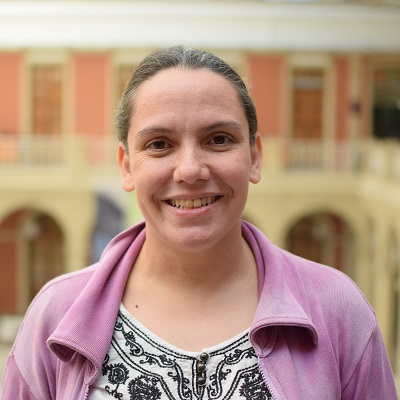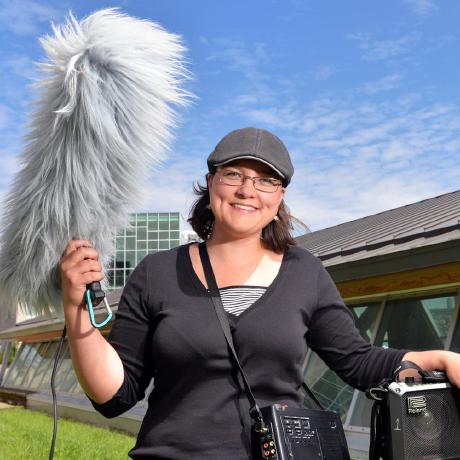All posts (Page 111 of 128)
A new package gpg has appeared on CRAN. From the package description:
Bindings to GnuPG for working with OpenGPG (RFC4880) cryptographic methods. Includes utilities for public key encryption, creating and verifying digital signatures, and managing your local keyring. Note that some functionality depends on the version of GnuPG that is installed on the system. In particular GnuPG 2 mandates the use of ‘gpg-agent’ for entering passphrases, which only works if R runs in a terminal session.
...
I feel both proud and privileged to join rOpenSci as your Community Manager. I’ve been a compulsive community builder since the early 2000’s, but it has rarely been part of my job description. Now it seems like all roads have led to this. After a couple of fine days of indoctrination at the UC Berkeley home of rOpenSci, I’m settled into work in beautiful Kamloops, British Columbia, Canada.
So much of my perspective of rOpenSci comes from being a newcomer. I was impressed with the funding from three major grants (you must be doing a few things right!), @ropensci having nearly 11,000 followers on Twitter, the awesome staff, leadership team and advisory board, growing from one full time person to four (with two more positions to open up), and having an enthusiastic community that is known for helping each other out and getting things done.
...Whether you are an environmental scientist, a pollution expert or just concerned about the air you breathe when cycling in the United Kingdom, the ropensci rdefra package can help find the information you need. This package gives you access to the UK-AIR database, hosted by the Department for Environment, Food & Rural Affairs in the United Kingdom, directly from R. The database comprises hundreds of air quality monitoring sites and each provides time series of concentration for different pollutants such as ozone, carbon dioxide and nitrogen oxides amongst others. It allows you to efficiently download, plot and compare data for multiple years/stations so that you can easily carry out spatio-temporal analysis or simply plan an healthier route for you bike ride. The package is fully documented and the vignette contains examples for a number of applications, such as how to generate the interactive map of the monitoring stations (see screenshot below)....
The new ropensci graphql package is now on CRAN. It implements R bindings to the libgraphqlparser C++ library to parse GraphQL syntax and export the syntax tree in JSON format:
graphql2json("{ field(complex: { a: { b: [ $var ] } }) }")
A syntax parser is perhaps not super useful to most end-users, but can be used to validate graphql queries or implement a GraphQL API in R. We hope to add more related functionality later on.
...A new version of the ropensci hunspell package has been released to CRAN. Hunspell is the spell checker library used by LibreOffice, OpenOffice, Mozilla Firefox, Google Chrome, Mac OS-X, InDesign, Opera, RStudio and many others. It provides a system for tokenizing, stemming and spelling in almost any language or alphabet. The R package exposes both the high-level spell-checker as well as low-level stemmers and tokenizers which analyze or extract individual words from various formats (text, html, xml, latex)....




